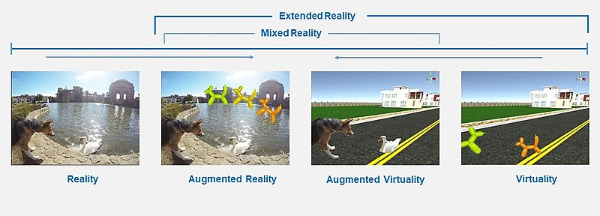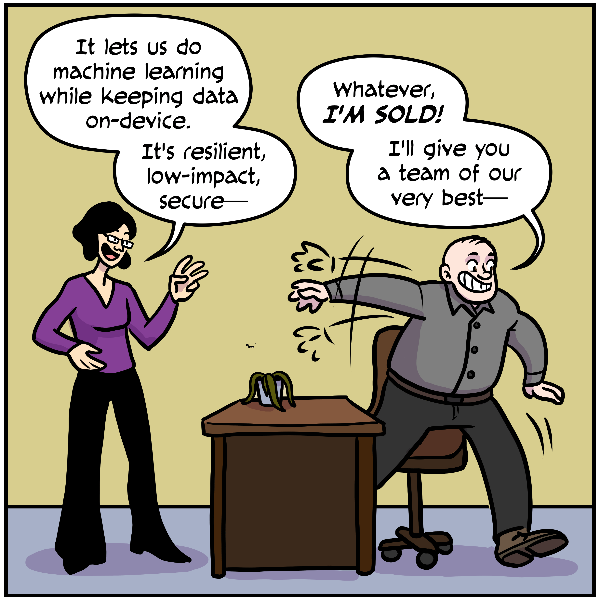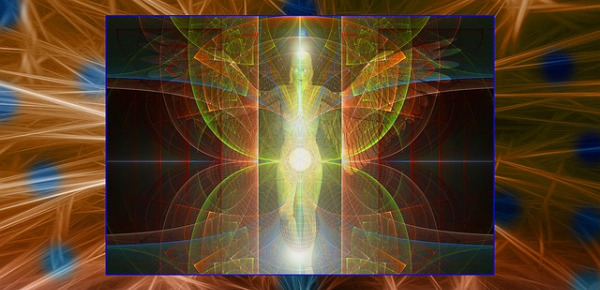Consider Your Life in the Metaverse and Multiverse

I have already written several essays about the metaverse and multiverse here. This past weekend, I wrote about those two ideas on another blog that is broader in scope than the technology and education here. Here is another take on those things for a broader audience.
Much of the talk (and hype) about the metaverse has been around Mark Zuckerberg's ideas, especially when he changed the name of Facebook's parent company to Meta because the metaverse is where he expects Facebook and a lot more to be going to in the future. Who will build the metaverse? Certainly, Meta wants to be a big player, but it would have been like asking in the 1980s "Who will build the Internet?" The answer is that it will be many people and companies.
But some people have suggested that rather than the metaverse - an alternate space entered via technology - we should be thinking about the multiverse. Metaverse and multiverse sound similar and the definitions may seem to overlap at times but they are not the same things.
If all of this sounds rather tech-nerdy, consider that most of us through of the Internet in that way in its earliest days, but now even a child knows what it is and how to navigate it. The business magazine Forbes is writing about the multiverse and about the metaverse because - like the Internet - it knows it will be a place of commerce.
I particularly like the more radical ideas that the metaverse might be viewed as a moment in time. What about considering that we may be already living in a multiverse? I have wondered about when education would enter the metaverse.
To add to whatever confusion exists about meta- versus multi-, there is an increasing list of other realties that technology is offering with abbreviations like AR, VR, XR and MR.
I am not a fanatic about the Marvel Comics Universe and its many films, but I am a fan of the character Doctor Strange (played by Benedict Cumbernatch). The new film Doctor Strange in the Multiverse of Madness takes him and some "mystical allies into the mind-bending and dangerous alternate realities of the Multiverse to confront a mysterious new adversary."
There are people in our real world who find the idea of multiverses terrifying, so madness and nightmare might be good words to attach to it. The Marvel version of the Multiverse is defined as "the collection of alternate universes which share a universal hierarchy; it is a subsection of the larger Omniverse, the collection of all alternate universes. A large variety of these universes were originated as forms of divergence from other realities, where an event with different possible outcomes gives rise to different universes, one for each outcome. Some can seem to be taking place in the past or future due to differences in how time passes in each universe."
The film may not be science-based but theoretical scientists have been theorizing about multiple universes, alternate universes, and alternative timelines for almost as long as science-fiction writers have been creating them. Probably everyone reading this (and definitely the person writing this) has thought about the idea of how changing some events might create different outcomes. the "writers and filmmakers may think about trying to stop JFK's assassination or what if the Nazis had won WWII, but you and I think more personally. WHAT IF I hadn't gone to that college, taken that job, married someone else, or not married at all? For now, multiverses exist in our minds, but someday, perhaps, they will be real. Or whatever "real" means at that point in time.


